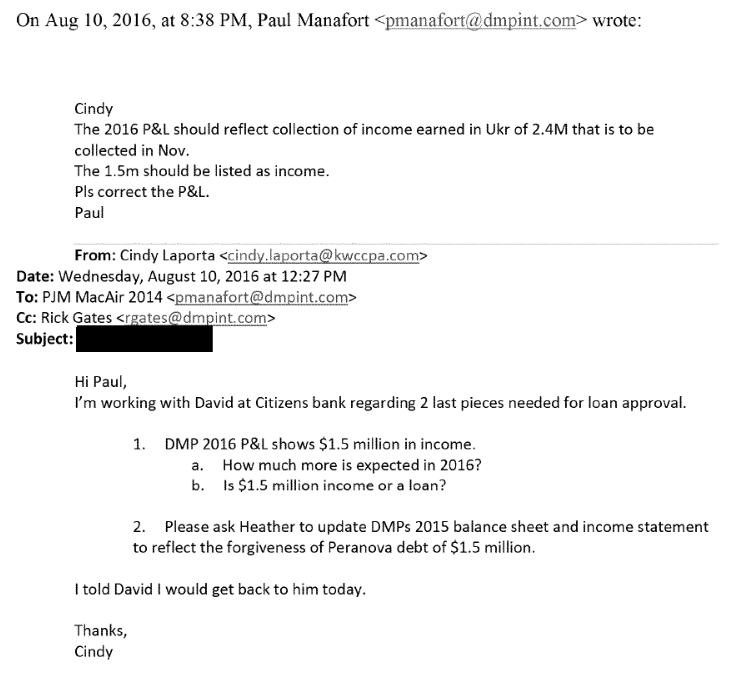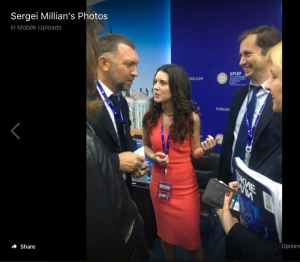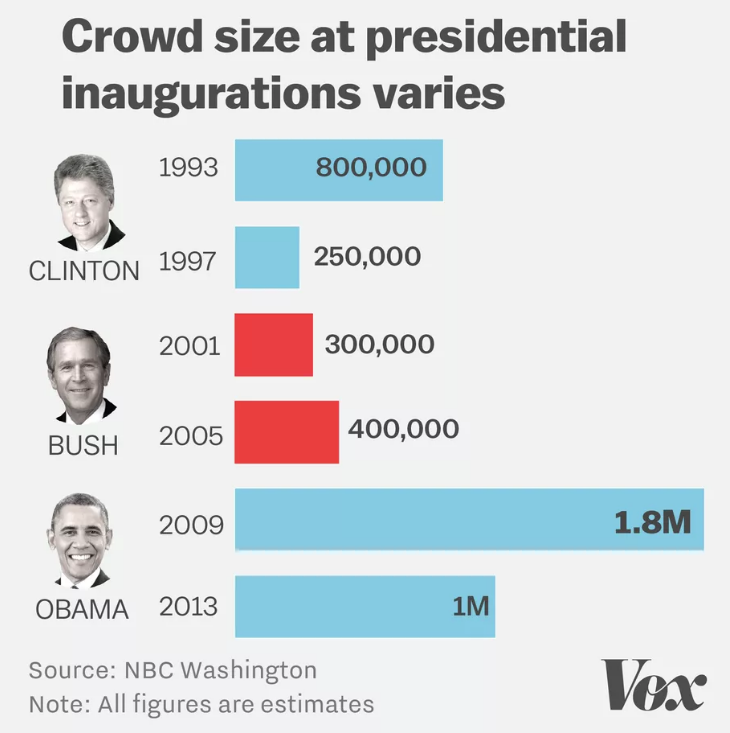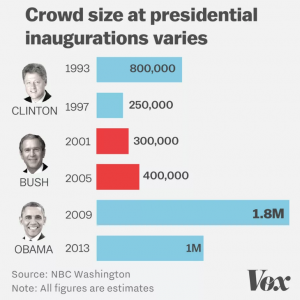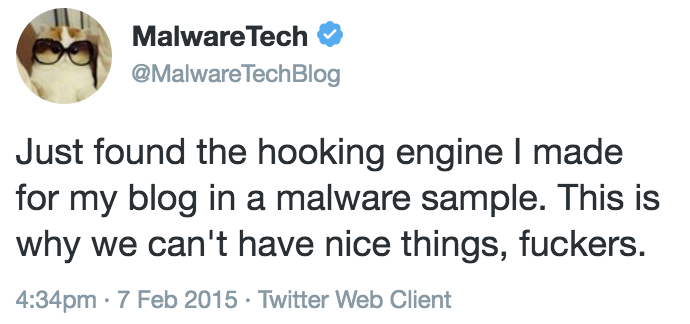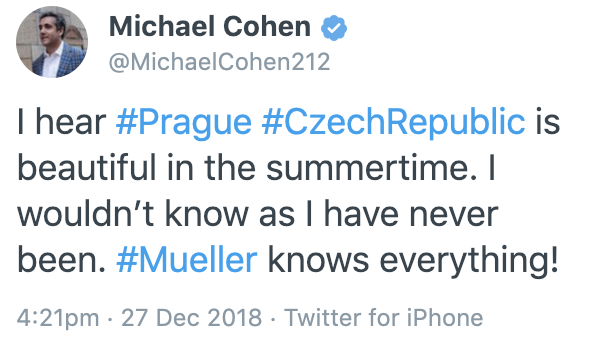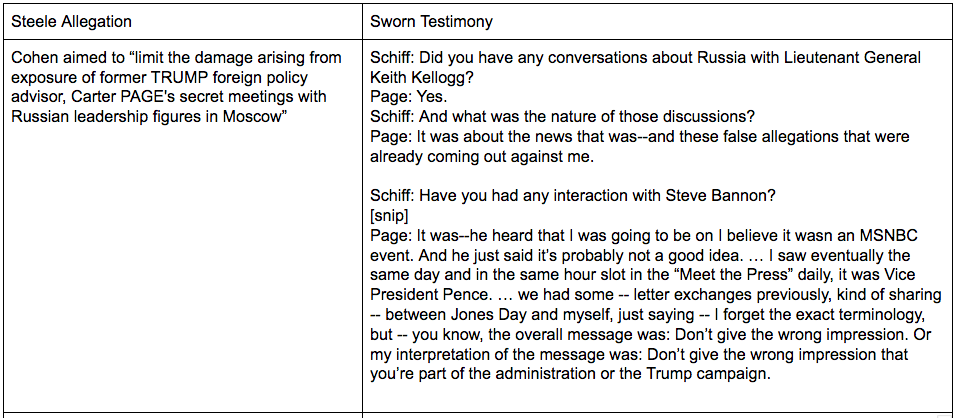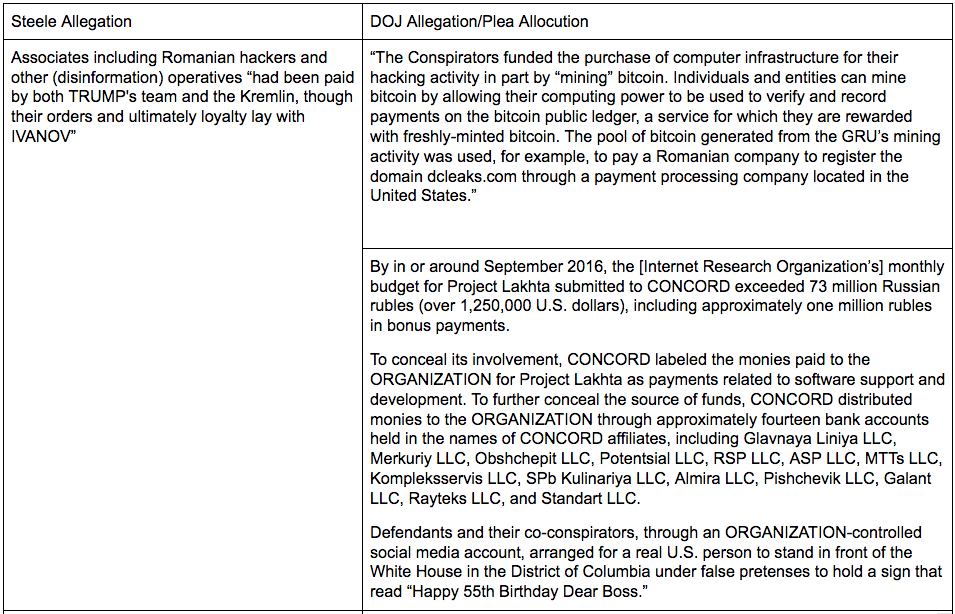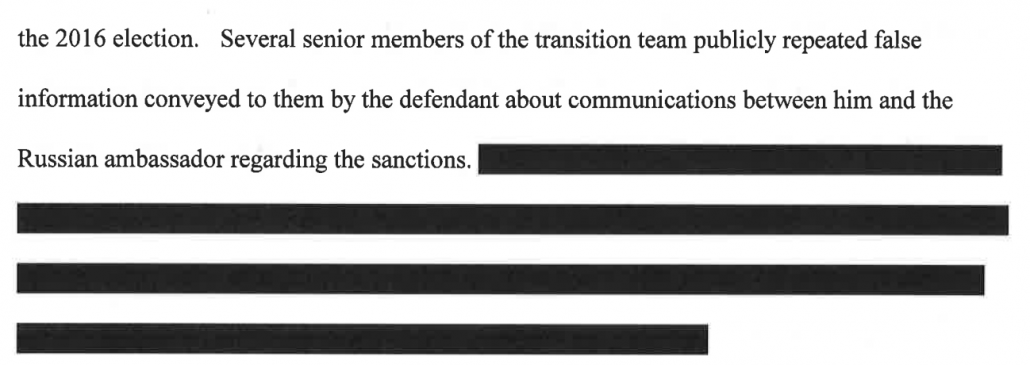William Barr Falsely Denies His Mueller Memo Makes the Case for Impeachment
William Barr has released his opening statement for his confirmation hearing tomorrow. While it surely is tailored to address the biggest concerns about his nomination, there’s a lot to like about it.
He suggests he’s not as big of a hawk on criminal justice as he used to be. He emphasizes the need to protect the right to vote. He seems to suggest a concern about rising hate crimes.
And — as most outlets have focused on — he affirms the importance of Robert Mueller finishing his work and being able to publish his findings.
First, I believe it is vitally important that the Special Counsel be allowed to complete his investigation. I have known Bob Mueller personally and professionally for 30 years. We worked closely together throughout my previous tenure at the Department of Justice under President Bush. We’ve been friends since. I have the utmost respect for Bob and his distinguished record of public service. When he was named special counsel, I said that his selection was “good news” and that, knowing him, I had confidence he would handle the matter properly. I still have that confidence today.
Given his public actions to date, I expect that the Special Counsel is well along in his investigation. At the same time, the President has been steadfast that he was not involved in any collusion with Russian interference in the election. I believe it is in the best interest of everyone – the President, Congress, and, most importantly, the American people – that this matter be resolved by allowing the Special Counsel to complete his work. The country needs a credible resolution of these issues. If confirmed, I will not permit partisan politics, personal interests, or any other improper consideration to interfere with this or any other investigation. I will follow the Special Counsel regulations scrupulously and in good faith, and on my watch, Bob will be allowed to complete his work.
Second, I also believe it is very important that the public and Congress be informed of the results of the Special Counsel’s work. For that reason, my goal will be to provide as much transparency as I can consistent with the law. I can assure you that, where judgments are to be made by me, I will make those judgments based solely on the law and will let no personal, political, or other improper interests influence my decision.
I’m most interested, however, in the way that Barr addresses the memo on the Mueller investigation he wrote last year. In comments also surely designed to reassure Democrats, Barr claims that the memo only addressed one theory of obstruction.
I would like to briefly address the memorandum that I wrote last June. I wrote the memo as a former Attorney General who has often weighed in on legal issues of public importance, and I distributed it broadly so that other lawyers would have the benefit of my views. As I explained in a recent letter to Ranking Member Feinstein, my memo was narrow in scope, explaining my thinking on a specific obstruction-of-justice theory under a single statute that I thought, based on media reports, the Special Counsel might be considering. The memo did not address – or in any way question – the Special Counsel’s core investigation into Russian interference in the 2016 election. Nor did it address other potential obstruction-of-justice theories or argue, as some have erroneously suggested, that a President can never obstruct justice. I wrote it myself, on my own initiative, without assistance, and based solely on public information.
The claim that that’s what he addressed — which I correctly unpacked here — is important because, as Jack Goldsmith has since laid out, Barr’s views on that theory of obstruction fit solidly within OLC precedent.
Yet Barr makes a false claim in that paragraph: that his memo “did [not] address other potential obstruction-of-justice theories.” Indeed, before he finishes his first page, he addresses another potential obstruction-of-justice theory:
Obviously, the President and any other official can commit obstruction in this classic sense of sabotaging a proceeding’s truth-finding function. Thus, for example, if a President knowingly destroys or alters evidence, suborns perjury, or induces a witness to change testimony, or commits any act deliberately impairing the integrity or availability of evidence, then he, like anyone else, commits the crime of obstruction. Indeed, the acts of obstruction alleged against Presidents Nixon and Clinton in their respective impeachments were all such “bad acts” involving the impairment of evidence. Enforcing these laws against the President in no way infringes on the President’s plenary power over law enforcement because exercising this discretion — such as his complete authority to start or stop a law enforcement proceeding — does not involve commission of any of these inherently wrongful subversive acts.
It’s right there, on the bottom of his first page, another potential obstruction of justice theory.
As if his reference to Nixon and Clinton didn’t already make it clear, the rest of his memo describes that the proper remedy when the President engages in such crimes is impeachment.
And, as I have laid out, the public evidence (even before recent disclosures about how the FBI worried that Trump was literally taking orders from Russian when he fired Comey) provides strong circumstantial evidence that Trump attempted to impair the integrity and availability of evidence to the FBI, possibly including suborning perjury from Mike Flynn.
While Barr doesn’t presume to dictate whether Congress must judge such behavior adequate to sustain impeachment, he certainly sees it as an adequate basis for impeachment.
Which is why I find his statement troubling. He’s not only placating Democrats with this statement (and opposing any possibility that the President can be charged for criminal acts). He’s also backing off the clear implication of his memo, that if Trump engaged in witness tampering, it would be improper.
All that’s separate from the wisdom and ethics of writing 19 pages, as he did, on a theory based off a really skewed understanding of the evidence, or accepting a job after having done so in the scope of job considerations.
To be sure, if Barr really intends to let Mueller finish and ensure the right to vote, he may be the best Attorney General candidate we’re likely to get from Trump. But he still needs to be asked whether he backs the implications of his memo, which actually back impeachment.
Update: This is fairly batshit. In a letter to Lindsey Graham dated yesterday — the same day Barr released opening statements that say “Nor did [his memo] address other potential obstruction-of-justice theories,” he said that his entire memo was a different theory of obstruction of justice.
The principal conclusion of my memo is that the actions prohibited by section 1512(c) are, generally speaking, the hiding, withholding, destroying, or altering of evidence – in other words, acts that impair the availability or integrity of evidence in a proceeding. The memorandum did not suggest that a President can never obstruct justice. Quite the contrary, it expressed my belief that a President, just like anyone else, can obstruct justice if he or she engages in wrongful actions that impair the availability of evidence. Nor did the memorandum claim, as some have incorrectly suggested, that a President can never obstruct justice whenever he or she is exercising a constitutional function. If a President, acting with the requisite intent, engages in the kind of evidence impairment the statute prohibits – regardless whether it involves the exercise of his or her constitutional powers or not – then a President commits obstruction of justice under the statute. It is as simple as that.
As I disclosed last July, I provided information to the FBI on issues related to the Mueller investigation, so I’m going to include disclosure statements on Mueller investigation posts from here on out. I will include the disclosure whether or not the stuff I shared with the FBI pertains to the subject of the post.






